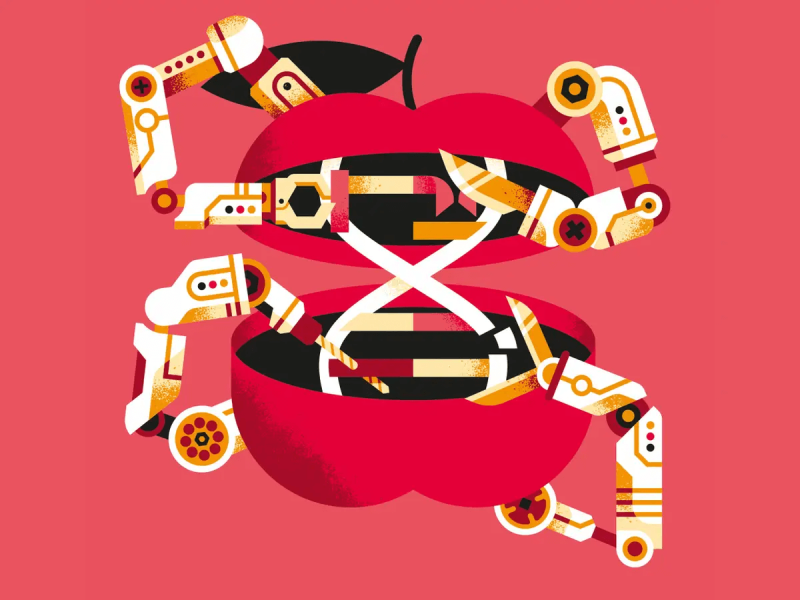Although vegetarian and vegan diets have risen in popularity over the years, humankind’s appetite for meat is still insatiable. By 2031, it is estimated that the global demand for meat will rise by 15%, adding to an already substantial environmental burden.
Many are looking to cultured meat as a potential solution to both the ethical and environmental problems posed by mass meat consumption.
Meat might be the most high-profile use of CRISPR-Cas9 genome editing in the food industry, but there are plenty of others to sink our teeth into.
For example, CRISPR-Cas9 has been used to engineer bacteria and yeast to produce the casein and whey, the principle protein components of milk.
…
CRISPR genome engineering has also been used in various yeast strains to take food and drink production to the next level.
…
However, in order to realize the potential environmental and ethical benefits of bioproduced food, there needs to be widespread support from both the industry and the public. Unfortunately, there’s been a lot of historical confusion and fearmongering around genetic modification of foodstuffs, and whether a particular product is classified as GMO or not is dependent on where you are based.































